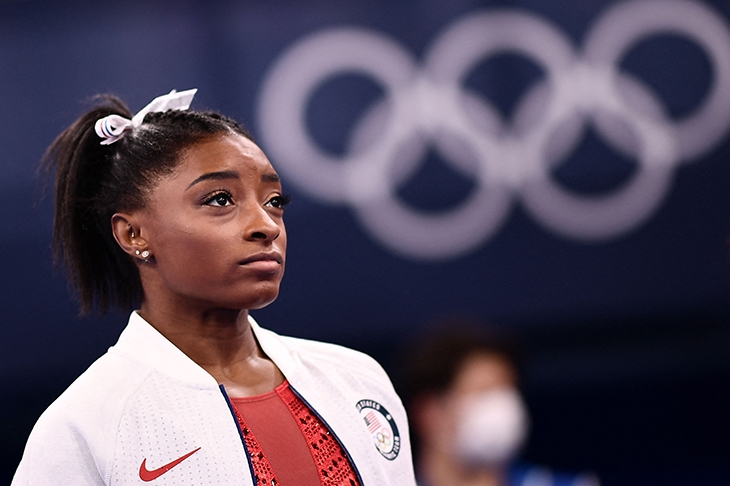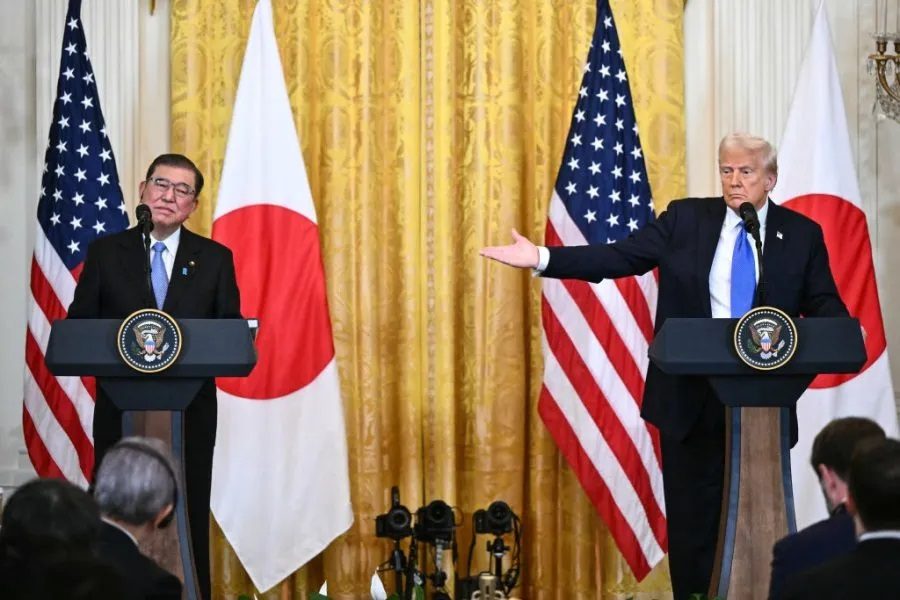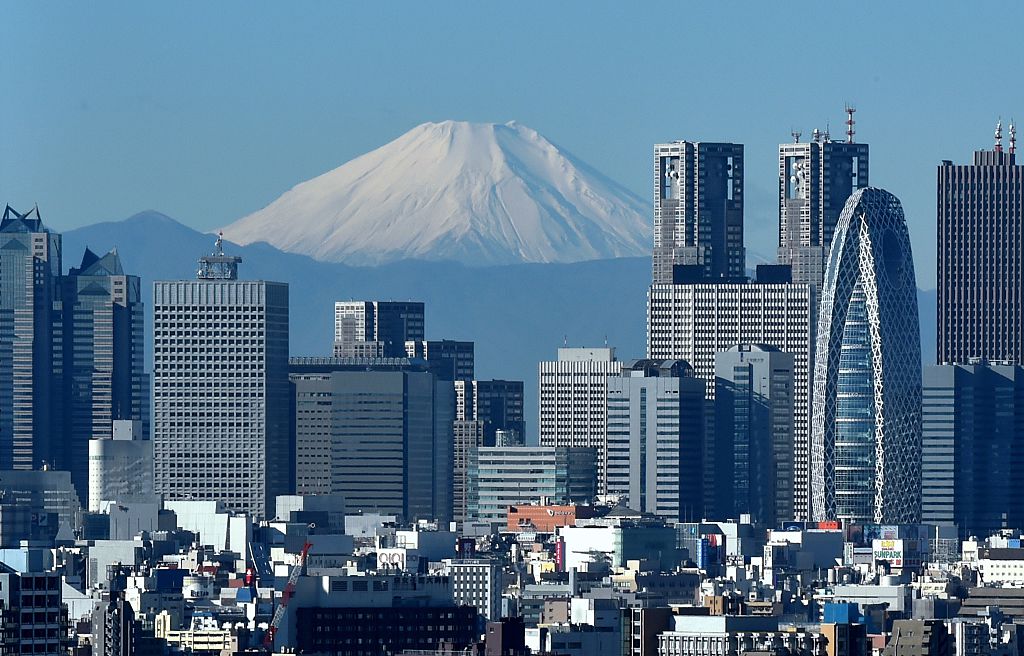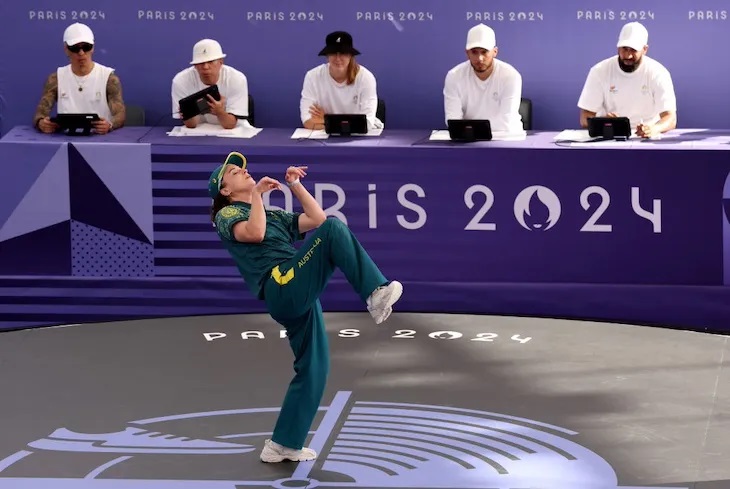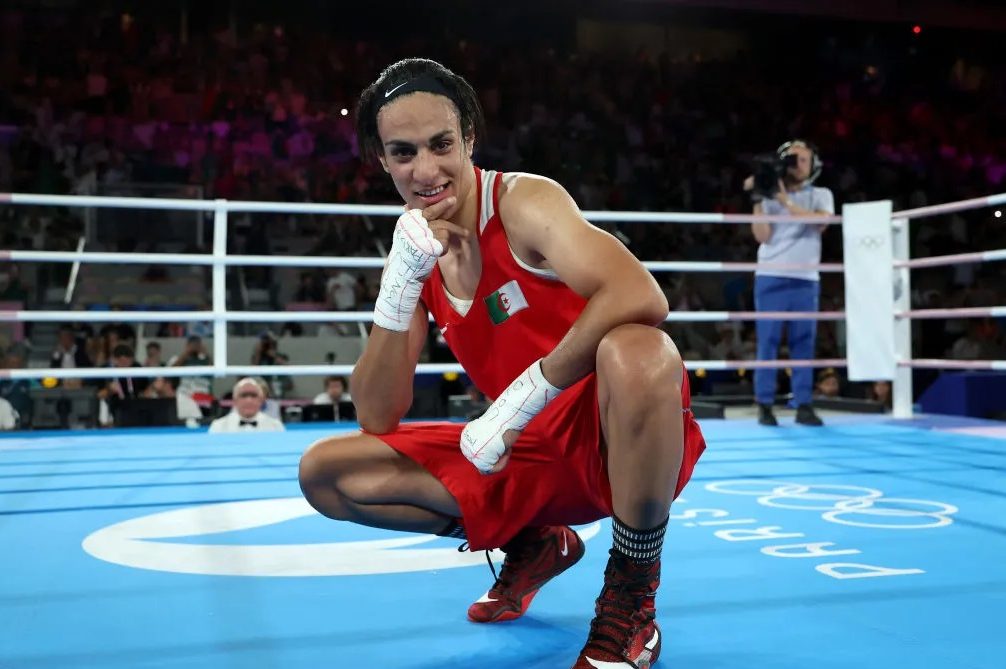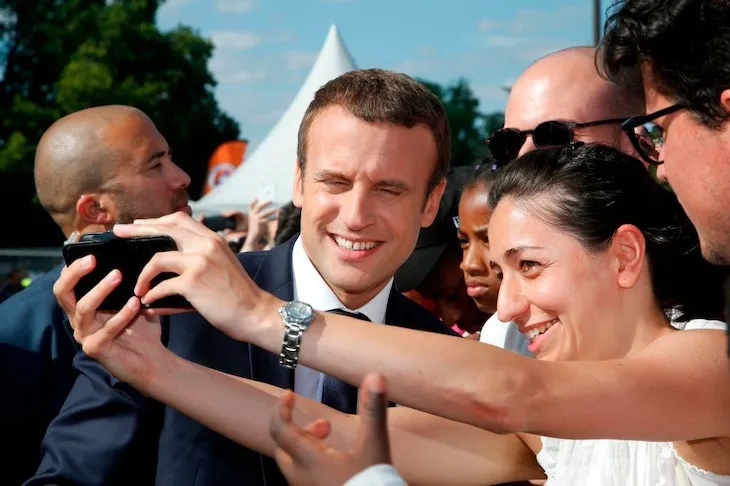Tokyo
I’ve always been a Spectator reader, so I’m delighted to be writing a diary about the Olympics from Tokyo. My first experience of an Olympic Games was probably the most political of them all — Moscow 1980. I wasn’t sure that I would be competing until a few weeks before the opening ceremony. The build-up was fraught with geopolitical tensions — the Soviet invasion of Afghanistan and the US-led boycott of the Games. Thatcher’s government fell in line with Uncle Sam — a little too eagerly — only to then lose its fight with the British Olympic Association. So we ended up going. I lost the first of my finals that year over 800m, which inspired some fairly critical reportage. I did, however, take comfort on my return when opening the latest edition of The Spectator. The diary section said I had vindicated myself by being spotted with a rolled-up copy as I stepped off the plane.
Much has been written about these pandemic-ridden Games, especially the plight of the athletes forced to endure ultra-COVID-secure restrictions. Actually, it is for me reminiscent of Moscow in 1980. I didn’t leave the village unless I was competing. I would sit in a small recreational area created by the British Olympic Association for the team. Wherever we went we had the constant company of a guard called Boris. Boris always sat quietly in a corner reading a book covered in brown paper. When I plucked up the courage to ask him what he was reading, he discreetly lifted enough of the brown paper to reveal it was Graham Greene’s The Human Factor. Our great British distance runner, Sir Brendan Foster, went one question further. ‘Boris,’ he enquired, ‘where is the nearest night club?’ ‘Helsinki’, he replied without lifting his eyes from the page.
Mental health has been center stage throughout these Olympics. Simone Biles, American gymnast extraordinaire, pulled out of the Games after finding it hard to replicate her form. At times like these there is never any shortage of advice. Enter Novak Djokovic, who helpfully observed that it is incumbent on competitors to master the competitive environment physically and mentally. Hours later, having lost the bronze medal playoff and smashed two rackets in anger, he pulled out of the mixed doubles, leaving his partner without the opportunity to win a bronze medal. It’s the taking part that matters, Novak! Biles would be well-advised to be careful who she listens to on her journey back to competition.
Ever since Usain Bolt hung up his spikes, I’m asked what the world of athletics is going to do now he’s left the scene. Well, I think the Jamaican women answered this pretty resolutely themselves here in Tokyo with a 1-2-3 in the women’s 100m.
Geopolitics never sit too far below the surface, in any year, and the Olympic movement deserves credit for its handling of some tricky situations this year. Here in Tokyo, the political leadership of Belarus’s attempt to silence a young female athlete seems to have backfired. After complaining about being entered into a relay she didn’t want to do and hadn’t trained for, Krystsina Tsimanouskaya found herself on the way back to Minsk. At the airport, and surrounded by Japanese police, she asked for political asylum. This potentially explosive situation has been carefully managed by the sporting authorities. Poland is now emerging as the current frontrunner to be Tsimanouskaya’s new home. They’ll be lucky to have her.
The story reminds me of another incident in Moscow back in 1980. I recall an American physiologist in my back-room team taking a photo of a collapsed table of commemorative medals shortly before a press conference I was due to attend. As he was bundled away, his camera confiscated, he shouted: ‘Clearly you don’t photograph the fuck-ups in Russia…’
The Olympic Games is always a chance to brush up on national anthems. Some anthems are longer than others. In my second Games, in Los Angeles in 1984, I ended up with the silver medal in the 800m. I stepped off the medal podium at what I thought was the conclusion of the Brazilian national anthem only rather sheepishly to step back up again for a second chorus. The anthem took longer to play than the race we had just run. Sadly, as I write, although there’s been a liberal sprinkling of our own anthem around other Olympic venues in Tokyo, we’ve yet to hear it for a British athlete in the Olympic stadium. I hope by the time you read this that will have changed.
This article was originally published in The Spectator’s UK magazine. Subscribe to the World edition here.



